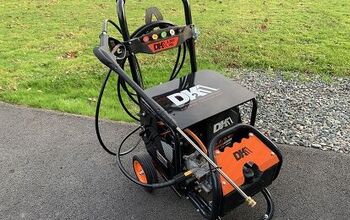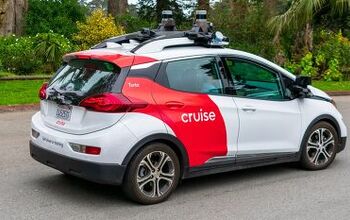Are You Ready To: Avoid Traffic Before It Happens?

One of the worst things about traffic is that it’s so unpredictable. You can be whizzing along one minute, and crawling with the snails the next. Even the real-time traffic information that a few companies, notably Google, now provide, can be obsolete by the time you’re on your way.But a small cadre of lucky San Franciscans will soon be finding out where the traffic will be before it happens, thanks to a joint project by the California Center for Innovative Transportation (CCIT) at the University of California, Berkeley (my alma mater) the California Department of Transportation, aka Caltrans, and IBM.
The hardware for this initiative consists of “inductive loop sensors” in the roadways. The data so-gathered is fed into IBM’s Traffic Prediction Tool. Data from users’ GPS units and smartphones on their usual routes and travel times completes the circle, enabling the system to provide alternative routes. And it’s getting more sophisticated all the time, learning to relieve congestion without creating new chokepoints, a skill requiring the ability to predict the effects of congestion-relieving redirections.

I'm a freelance journalist covering science, medicine, and automobiles.
More by David C. Holzman


































Comments
Join the conversation
"Even the real-time traffic information that a few companies, notably Google, now provide, can be obsolete by the time you’re on your way." That's not true. It's not obsolete. Real-time data means you get live data as it happens as you drive. My experience with Both Google and INRIX in the Boston area is that it's usually pretty accurate. I think prediction is available as well.
Till the system can predict an accident, it will have the same problem. It will just give you alternate routes. If I leave, and an accident happens, how quickly will its system update? Honestly, that is what is holding other real time traffic systems back right now. If it takes 10 minutes to update the system, it maybe too late in many cases.
This reminds me of a spoof advertisement in a Monty Python book (back in the 70s). It advertised the Secret Welsh ART of SELF DEFENCE that requires NO INTELLIGENCE, STRENGTH or PHYSICAL courage. The main concept was to attack an assailant before it has even occurred to him to attack you. I just found a website for it, so it must still be practiced somewhere in the world. http://www.llapgoch.org.uk/
Apple is also working on this, as the part of the data collection everyone was so worked up about last week on the intertubes: http://www.huffingtonpost.com/2011/04/27/apple-location-tracking-traffic-service_n_854279.html The idea is if a bunch of iPhones on a given road suddenly slow down there must be a reason (like an accident) and so an alternate route can be plotted. I'm surprised OnStar, MyTouch and other such systems haven't joined the party yet. My guess is like alot of other technologies there is no standard for how this data gets communicated and filtered thru a central system. In theory a "hive mind" concept like this would work really well. If all GPS equipped cars could report on current location and speed then traffic reports would be VERY accurate. Of course those with tin foil hats would freak out knowing that their car is telling some supercomputer database what speed they are going.